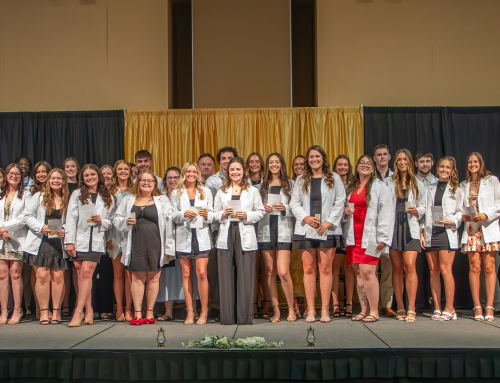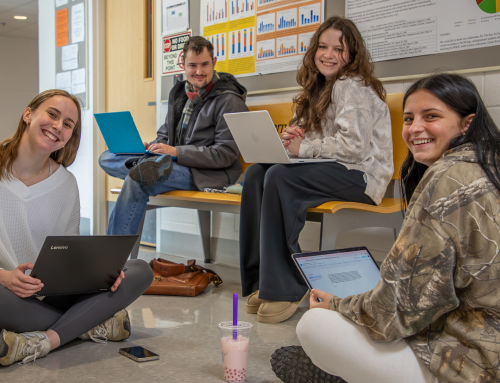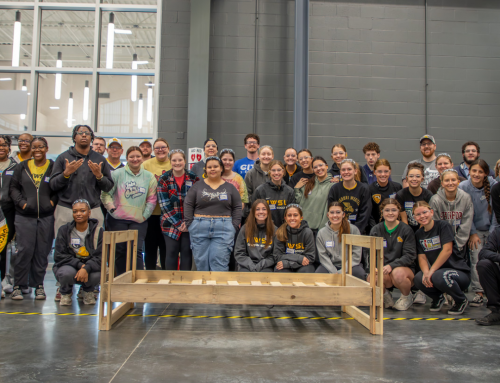Griffon 360 encourages people to view health and wellness from a holistic perspective. Intellectual wellness is one of the eight dimensions and is demonstrated by the ability to think creatively and find ways to expand knowledge. It is one of the keys to a well-rounded student. There are many components to intellectual wellness including the ability to see other points of view and interact with the world in positive ways. However, a stress point for many students is that college courses seem more difficult than they anticipated.
In a worldwide post-pandemic issue, many students are underprepared for the academic rigor of college. This leads to stress and feeling overwhelmed. We want to assure you that at Missouri Western State University, we have programs in place to help your student succeed. Following are some ways that you, as a parent, can help your student.
- Encourage the student to seek out academic assistance. Many are hesitant or intimidated, but learning to reach out is a valuable skill.
- Stay after class and talk to the professor. Each faculty member has office – or student hours – that are set aside just for students to come in and talk to them. This is specifically what those hours are for – to allow those who might need clarification to get one-on-one time with the expert.
- Visit the Center for Academic Support. We provide free tutoring for all MWSU students, and it’s a great way to study more efficiently. The tutors are students who have had the course and are well-versed in study techniques and ways to interact with the material. Tutoring is both in-person and online. Visit missouriwestern.edu/cas for more information.
- Reassure the student that strong study habits and time management are normal expectations. Many had high grades in high school and don’t realize the extra time and work that has to be put in to do well at a university.
- Attend class. It is critical so that the student can hear what other students ask, take notes and thus interact with the material.
- There is a significant amount of homework and studying that must be done outside of the classroom. Time management and planning their day to include study time are crucial for success.
- Find a quiet, distraction-free space to study. The library has a variety of places where students can spread out notes, use the computers, and focus on learning.
- Find classmates and form a study group. Studying as a group is an excellent way to retain information. As the group discusses the material, it helps each individual store the information in their brain.
You as a parent can encourage and help in your student’s education. While university courses may seem more difficult, a simple shift in thinking about how to study can provide huge dividends. Implementing different, easy strategies can make the difference between stressing over grades to academic confidence.
Susan Garrison
Director and Writing Coordinator
Center for Academic Support, Hearnes 213





